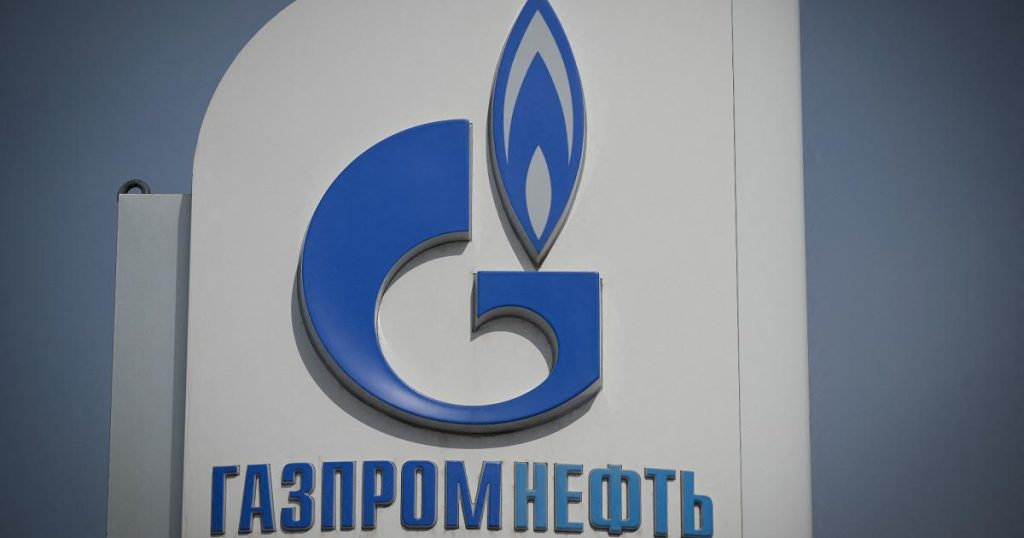Russian President Vladimir Putin has signed a decree transferring the Russian branches of Italian Ariston and German Bosch to the Russian Gazprom Domestic Systems, a subsidiary of the state-owned Gazprom group that produces household appliances. The decree, posted on the official legal information portal, concerns Ariston Thermo Rus LLC, controlled by Ariston Holding, and BSH Household Appliances LLC, controlled by BSH Hausgerate GmbH. The reasons for this decision are unknown, but it follows a trend of Russia placing Western companies under “temporary management” in retaliation for actions against Russian firms due to sanctions imposed during the conflict in Ukraine.
Last year, Putin signed a similar decree transferring the temporary management of Russian branches of Danone and Carlsberg to the federal agency for managing properties, Rosimushchestvo, after the French and Danish companies announced intentions to exit the Russian market. In the case of Ariston and Bosch, management is transferred to another government-controlled industrial group temporarily. The Italian Deputy Prime Minister and Foreign Minister Antonio Tajani voiced support for Italian businesses affected by this decision, promising to protect them in international markets. Ariston group was reportedly not informed in advance of the transfer of its Russian subsidiary to Gazprom, although relations with Russian authorities had been good for nearly 20 years.
Independent sources familiar with the situation claim that the Italian company is awaiting further explanations and evaluating the business and managerial impacts of the Russian government’s decision. The sudden decrees affecting multinational corporations operating in Russia raise concerns about the unpredictability of the Russian government’s actions and the potential implications for foreign investments in the country. These moves could have broader implications for international business relations, with the Italian government expressing readiness to support its companies in navigating challenging situations in foreign markets.
The Russian government’s intervention in the management of foreign companies operating in the country is not a new phenomenon, as similar actions have been taken in the past in response to geopolitical tensions. The decision to transfer control of Ariston and Bosch branches to Gazprom may be seen as a strategic move to strengthen the position of state-controlled companies in the Russian market, particularly in the context of ongoing conflicts with Western countries. The lack of transparency and communication surrounding these decisions adds to the uncertainty faced by multinational corporations operating in Russia, highlighting the challenges of navigating complex political and economic landscapes.
The impact of these decrees on the affected companies remains to be seen, as they navigate the regulatory and operational changes imposed by the Russian government. Companies like Ariston and Bosch will need to assess the implications on their business strategies and operations in Russia, while also considering potential repercussions on their global operations. The Italian government’s pledge to support its companies underscores the importance of international cooperation and diplomatic efforts to safeguard the interests of businesses operating in complex and volatile environments. As the situation unfolds, it will be crucial for all parties involved to engage in dialogue and seek constructive solutions to mitigate potential risks and uncertainties associated with these geopolitical developments.















